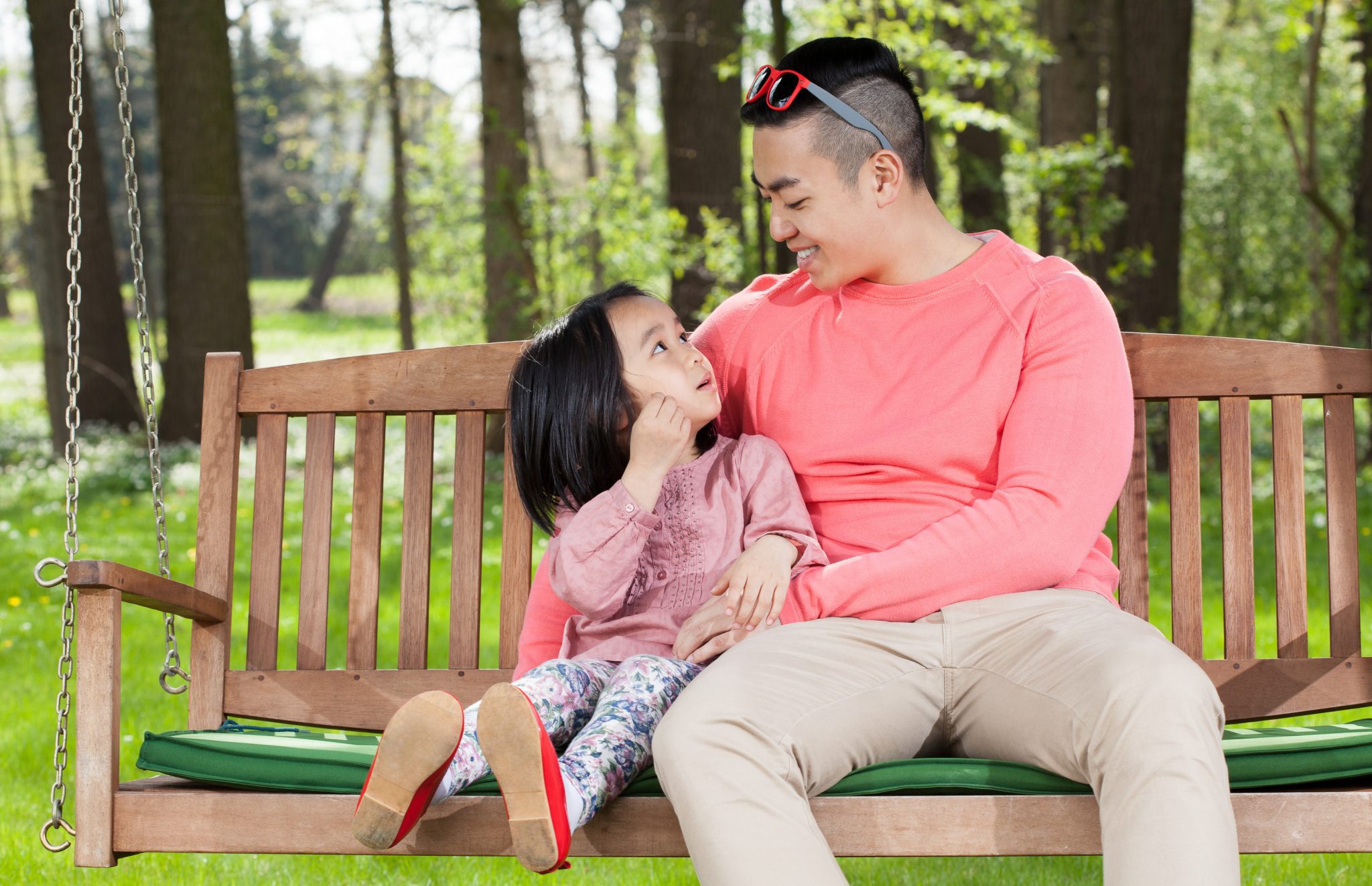What Is Resilience?

Posted in: You & Your Family
Topics: Child + Adolescent Development
Although resilience is not a new subject, it has recently enjoyed renewed attention as clinicians work to understand how children and adolescents remain whole in the face of difficult times. Even The Wall Street Journal, hardly a periodical that one would normally associate with child emotional health, ran an entire op-ed earlier this year that stressed the need to better understand the factors behind young people’s resilience. It seems that what was once a rarely discussed psychological concept, is now part of our mainstream lexicon.
So, how do we define resilience?
Resilience is best defined as the ability of an individual to maintain personal and social stability despite adversity. Such folks are able to lead normal, fulfilling lives despite having experienced trauma or tragedy through their recovery and retaining a positive self-image and view of the world.
In the past, resilience was considered a trait—a personal quality or strength that one is born with, or develops over the course of his or her lifetime. However, more recent conceptualizations have moved somewhat away from this traditional view of resilience, considering it instead a process. As we go through life, resilience refers to two complimentary activities:
- Preventative: The process of warding off hardships by actively resisting adversity
- Corrective: The process of coping effectively under traumatic situations
Key elements of this process include one’s biology, family and social environment. All three components exist are in states of development, and are thus capable of an evolutionary process for each individual.
The two most important elements of the process—ones that impact all three of these components are engagement and awareness.
First, the more an individual is engaged with others—with parents, extended family, mentors, peers, and other important figures in his or her life—the more skills are learned, skills that ultimately enhance prevention and coping. Such skills include an ability to communicate effectively, and to use the help of others in building means of preventing or coping with hardship. Engagement with one’s environment is also implied here to make a healthy lifestyle more amenable.
And, the more an individual is aware of his or her strengths, weaknesses and vulnerabilities, the better he or she is positioned to become resilient. Furthermore, one’s awareness of the environment, culture and other influences in society that may hinder well-being is crucial to his or her building of resilience.
In the past, we have not emphasized the extent to which environments can be made to be more resilient overall. This is, of course, another version of the nature-nurture tension that characterizes child mental health. Are kids resilient because they’re born that way, or are they resilient because they are lucky enough to be surrounded by a world that in their case is more conducive to resilience? Or, are they able to appreciate the hand they are dealt with biologically, understand it as they mature, and then find the best people and situations to help them grow and develop? Like most answers to this debate, our answer involves a bit of both; it looks like some kids are naturally more resilient, but all kids are helped by having an environment that allows for the healthiest response to difficult times. And, if they do not have a sound environment, many will seek mentors, advisors and friends who can help create a richer milieu within which to thrive.
There are certain ways of thinking that have been highly associated with resilience. If kids believe that there is more right than wrong in the world, they will more often have the confidence to know that they can get through whatever problem exists. This example accentuates the fact that resilience isn’t simply a trait people either have or don’t have; in keeping with the nature-nurture interplay, resilience involves behaviors, thoughts and actions that can be learned and developed. In fact, resilience can be taught, and much of what we know about individual resilience comes from fields like positive psychology and the psychology of happiness. We should therefore help our children nurture a positive view of themselves; this comes about as they learn to trust and rely upon their emotional and cognitive instincts, a hallmark of awareness. However, the key to this process is resisting the urge to view crises as insurmountable problems. While it is important to prioritize the immediate situation in a crisis, we should help children and teens remember that in the bigger picture, bad times are time-limited events. In fact, young people should learn that change is part of living. Certain goals may no longer be attainable as a result of adverse situations, but new goals will always present themselves.
This is where environmental changes are particularly salient. Many people who have experienced tragedy and hardship report better relationships, a greater sense of strength, an increased sense of self-worth, and a greater appreciation for life. In order for children and teens to successfully navigate trying times, they must live in an environment where help and companionship are readily available. Good relationships with family, friends and others are all extremely important. For teenagers especially, they should be taught to accept help and support. While teens will naturally want to feel independent and invulnerable as they separate from caretakers, we need to help them understand that part of independence is knowing how and when to reach out to others. This is where engagement fits into the picture again.
Other aspects of resilience are so straightforward, that they run the risk of being overlooked. Exercise regularly. Get enough sleep. Eat a healthful diet. Limit alcohol consumption. All of these habits have been associated with greater resilience.
As you think about applying the concept of resilience to your family’s life, bear in mind that it’s important not to gloss over hard times as they arise. Let your kids know that you know what they’ve gone through is rough and heart-wrenching. But then remind them that they have the skills, the insight, the backing, and the friends and family to come out on top. In this way, we can all help the young people of our culture to more readily bounce back despite the hard times they’ve encountered.

 Share
Share Tweet
Tweet






